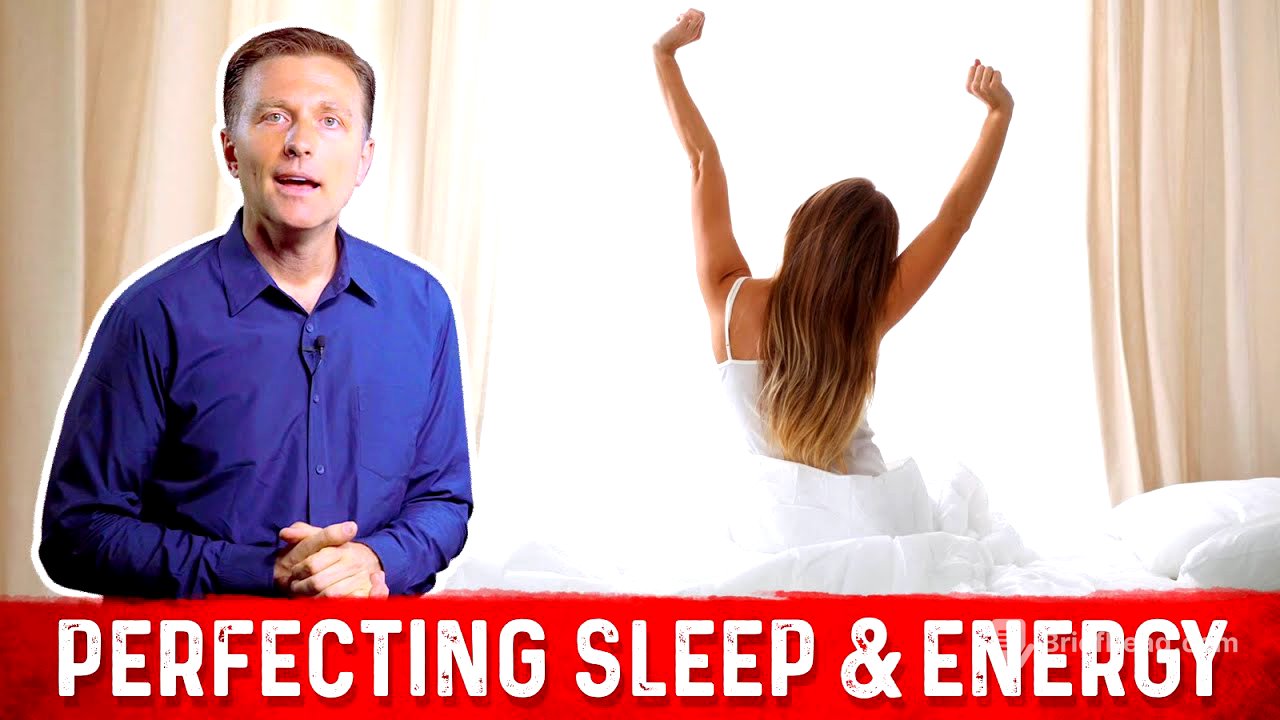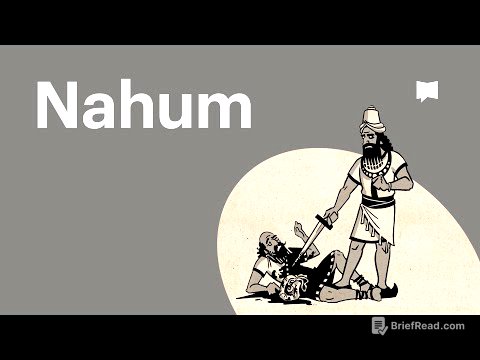TLDR;
Alright guys, so this video is all about how to get that perfect sleep and boost your energy levels. Doc breaks down the sleep cycles, the importance of hitting that deep Delta wave sleep, and how it's connected to growth hormone and repair. He also talks about common sleep issues like not being able to fall asleep, waking up at 2 AM, or needing to pee all night, and gives some simple solutions. Plus, he shares some tips on diet, exercise, and even a sleep aid to help you get that restful sleep you need.
- Aim for 10:45-11 PM bedtime to catch the first sleep wave.
- Delta wave sleep is key for restoration, repair, and growth hormone production.
- Mineral deficiencies, adrenal issues, and insulin resistance can mess with your sleep.
Ideal Bedtime and Sleep Cycles [0:00]
So, the ideal time to hit the bed is around 10:45 to 11 PM. This aligns with your hormones and helps you catch that first sleep wave. If you miss it, you might find yourself wide awake later. Your brain has these on-off switches controlled by hormones and a little clock that's regulated by light and dark. If you're stuck indoors all day, it can throw off your sleep cycle.
Importance of Delta Wave Sleep [1:24]
REM sleep is more of a superficial sleep where you have vivid dreams. But the real deal is the Delta wave sleep. That's where you get the most restoration, repair, regeneration, and immune system boost. It also increases growth hormone, which is important for anti-aging, weight loss, and muscle repair. If you're not sleeping well, don't go too hard on the exercise, or you might overtrain.
Common Sleep Problems and Solutions [3:12]
If you can't fall asleep, it could be a mineral deficiency – calcium, magnesium, or potassium. Waking up at 2 AM? That's likely an adrenal cortisol issue. Gotta pee all night? That's probably insulin resistance. Doc will put a link down below for that. If you're waking up exhausted, there are a few things you need to look at.
Dietary Tips for Better Sleep [5:13]
First up, load up on those veggies – aim for 7 to 10 cups a day to get all those minerals and nutrients. But make sure they don't bloat you. Don't go overboard on the protein, especially at dinner. Stick to 3 to 6 ounces, and have your salad first. Too much caffeine or even chocolate can mess with your sleep. And avoid sugar-free snacking at night, as it raises insulin. Instead, have enough fat and vegetables at dinner to keep you satisfied.
Insulin, Potassium, and Heart Rate [7:12]
Riding sugar raises insulin, which can keep you up at night. Insulin also depletes potassium, which can raise your heart rate. If you can hear your pulse in your ear at night, you might need more potassium. Keep that pulse rate low for better sleep.
Exercise and Sleep [8:15]
Overtraining can also mess with your sleep. Doc recommends interval training where you get your pulse rate up for a short time and then rest. CrossFit might not be the best for everyone because the recovery times are too short. Walking is great for sleep – get out in nature and get your space.
Sleep Aid [9:13]
Lastly, Doc mentions his sleep aid, which comes in vegetarian and regular versions. It doesn't have melatonin but has a blend of herbs and nutrients to support the adrenals and help you sleep.









